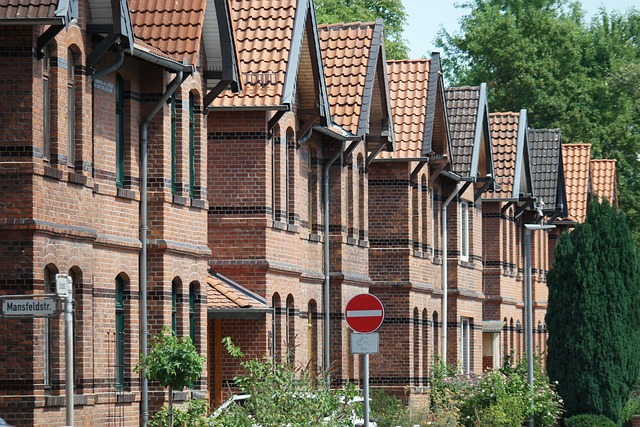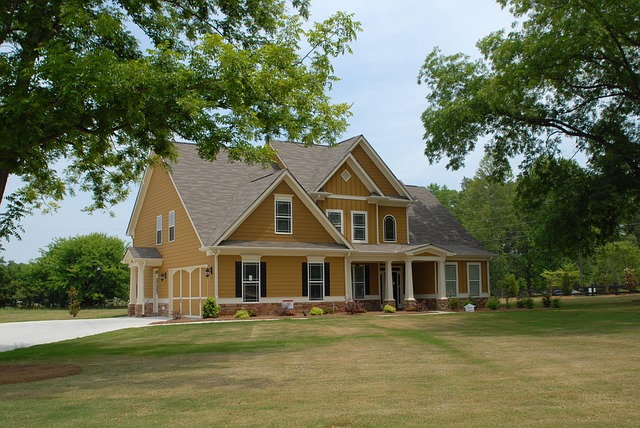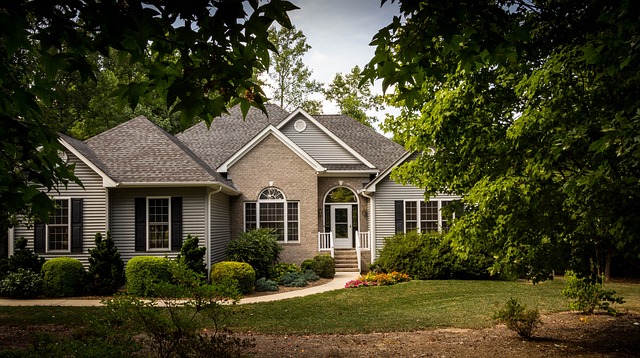In Singapore's property market, the pricing of both Executive Condos (ECs) and Housing & Development Board (HDB) flats are influenced by a complex array of factors including government policies, economic conditions, location, developer reputation, and market supply. ECs serve as a middle ground between public and private housing, designed for couples transitioning from HDB flats who aren't yet ready for full-fledged condominiums. Factors like the age of the development, its location, and market conditions affect EC prices, with newer and centrally-located developments generally costing more. In contrast, HDB resale prices are influenced by factors such as the condition of the flat, neighborhood maturity, accessibility to amenities, and broader economic trends. ECs tend to be more stable in price compared to HDB flats, which can experience significant fluctuations during times of economic uncertainty. The Singaporean government's policies, like the SBIC scheme and TDSR, play a crucial role in moderating prices and ensuring financial prudence. For those considering an Executive Condo Sg as a home or investment, understanding these dynamics is key to navigating the nuances of this dynamic market. Keywords: Executive Condo Sg, HDB pricing trends, property market dynamics in Singapore, housing transition, government policy impact.
In Singapore’s dynamic real estate landscape, discerning the value proposition between an Executive Condo (EC) and a Housing & Development Board (HDB) flat is crucial for aspiring homeowners. This article delves into the market dynamics that govern EC and HDB prices, examining the factors influencing their price trends, from government policies to location and developer reputation. Understanding these elements helps in evaluating the pros and cons of opting for an EC over an HDB. Furthermore, the long-term investment potential of both property types is analyzed, offering insights into which may serve your financial goals better. Whether you’re a first-time buyer or an investor, the information presented will illuminate the path to informed decision-making in Singapore’s real estate market.
- Understanding the Market Dynamics: Executive Condo (EC) Prices vs HDB Prices in Singapore
- Factors Influencing EC and HDB Price Trends in SG
- – Government Policies and Their Impact on Pricing
- – Location, Developer Reputation, and Amenities: How They Affect Values
Understanding the Market Dynamics: Executive Condo (EC) Prices vs HDB Prices in Singapore

In Singapore’s dynamic property market, discerning the nuances between Executive Condominium (EC) prices and Housing & Development Board (HDB) resale prices is crucial for potential homeowners. ECs are a unique hybrid of public and private housing, designed to offer an upgrade path for households from HDB flats to more spacious and privatized living quarters. As such, the pricing of ECs often reflects market conditions that are somewhat between those of BTO (Build-To-Order) HDB flats and private condominiums. Factors influencing EC prices include location, supply, and the age of the development, with newer launches typically commanding higher prices. On the other hand, HDB resale prices are influenced by factors such as the flat’s condition, maturity of the estate, proximity to amenities, and broader economic trends. Both markets respond differently to changes in the economy, interest rates, and government policies, which can lead to variations in price trends. For instance, during periods of economic uncertainty, HDB resale prices may adjust more sensitively than EC prices due to the latter’s mid-market positioning. Understanding these market dynamics is essential for buyers looking to compare investment potential or transition from public to private housing, as Executive Condo Sg options offer a unique middle ground with its own set of advantages and challenges in terms of pricing and long-term value.
Factors Influencing EC and HDB Price Trends in SG

In Singapore, the pricing trends of both Executive Condos (ECs) and Housing & Development Board (HDB) flats are shaped by a multitude of factors that reflect the dynamic nature of the property market. The cost of ECs in SG is influenced by government policies aimed at balancing public housing availability with private property supply. For instance, the eligibility criteria for purchasing an EC, which caters to couples who may outgrow HDB living but are not ready for private property, play a significant role in demand patterns. Market sentiment, economic conditions, and interest rates also have a bearing on pricing. A robust economy with low-interest rates typically stimulates higher demand and can drive up prices. Additionally, the location of these properties is a critical determinant; prime districts or those near amenities and transportation nodes tend to command higher prices.
HDB flats, being subsidized public housing, are influenced by different factors. The Housing & Development Board, which oversees the supply and pricing of these flaps, takes into account various demographic trends, income levels, and societal needs when determining resale prices or issuing new flat allocations. Factors such as the age of the flat, its condition, floor level, location, lease remaining, and the state of the housing market at large also affect pricing. Furthermore, the introduction of new town developments or the rejuvenation of existing neighborhoods can impact the desirability and hence the prices of HDB flats in SG. The balance between supply and demand, alongside the evolving preferences of residents, continuously shapes the trajectory of ECs and HDB prices in Singapore’s property landscape.
– Government Policies and Their Impact on Pricing

In Singapore, the pricing dynamics of Executive Condos (ECs) versus Housing & Development Board (HDB) flats are significantly influenced by government policies. These policy measures not only shape the affordability landscape for aspiring homeowners but also dictate market trends and investment patterns. For instance, the introduction of the Selective En Bloc Collective Sales (SBIC) scheme has revitalized the EC segment by enabling larger collective sales, which in turn can lead to more competitive pricing for new EC projects. Similarly, the Public-Private Housing (PPH) model, which allows eligible couples or singles to purchase an EC, is designed to offer a progressive housing ladder that balances affordability with the benefits of living in an Executive Condo Sg, which often comes with larger and more premium living spaces compared to HDB flats.
Furthermore, the Multi-Ministry Taskforce’s recommendations on cooling measures have had a profound impact on both ECs and HDB prices. Measures such as Total Debt Servicing Ratio (TDSR) and Additional Buyer’s Stamp Duty (ABSD) aim to ensure financial prudence among buyers, thereby influencing the pricing of these properties. The government’s stance on maintaining a stable and sustainable property market is evident in its continuous review and adjustment of policies, which in turn affect the affordability and desirability of Executive Condos Sg in comparison to HDB flats. Prospective buyers must stay informed about policy updates as they can significantly influence resale values and future price trends within this vibrant housing market.
– Location, Developer Reputation, and Amenities: How They Affect Values

In the realm of residential real estate within Singapore, the pricing dynamics of Executive Condos (ECs) versus Housing & Development Board (HDB) flats are influenced by several key factors. The location of these properties plays a pivotal role in determining their value; prime districts with well-connected transport networks and proximity to amenities such as shopping centers, schools, and healthcare facilities typically command higher prices. These locations offer convenience and desirability, which in turn attract a broader pool of potential buyers or renters, thereby driving up property values. Developer reputation is another significant factor; established developers with a track record of high-quality construction and reputable service often command a premium for their ECs. Their brand synonymous with quality assurance can lead to higher demand and, consequently, more competitive pricing. Amenities within the vicinity also significantly impact an EC’s value. The availability of recreational facilities, green spaces, and lifestyle options adds to the appeal of an EC, making it a more attractive proposition for families and young professionals alike. These factors combined with the strategic location and developer standing can elevate the market positioning and pricing potential of an Executive Condo in Singapore’s competitive property landscape.
In conclusion, the discernible disparity between Executive Condo (EC) prices and HDB prices in Singapore is shaped by a multitude of factors, chief among which are government policies and the allure of location, developer reputation, and available amenities. These elements play a pivotal role in setting market benchmarks for both ECs and HDBs. Prospective homeowners must weigh these dynamics carefully when considering their property investment options. As the landscape of real estate in Singapore continues to evolve, staying informed about the trends affecting EC and HDB prices remains critical for making astute property decisions. For those seeking a balance between space and affordability, Executive Condos SG often present an attractive alternative to traditional HDBs, offering a middle ground that caters to the diverse needs of various demographics.



